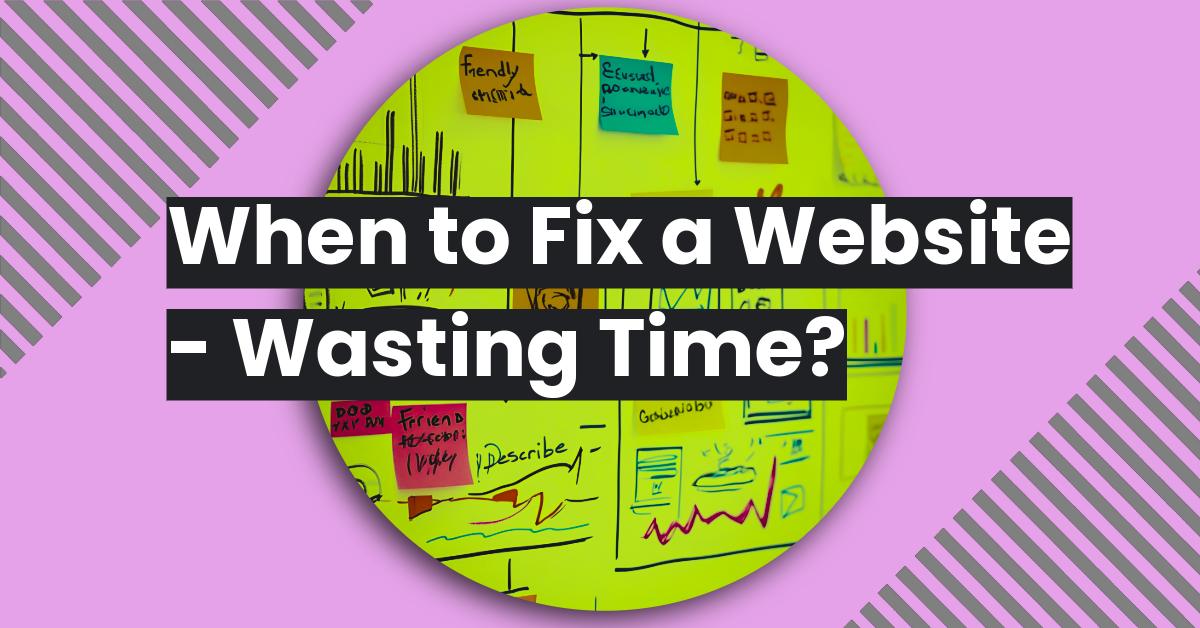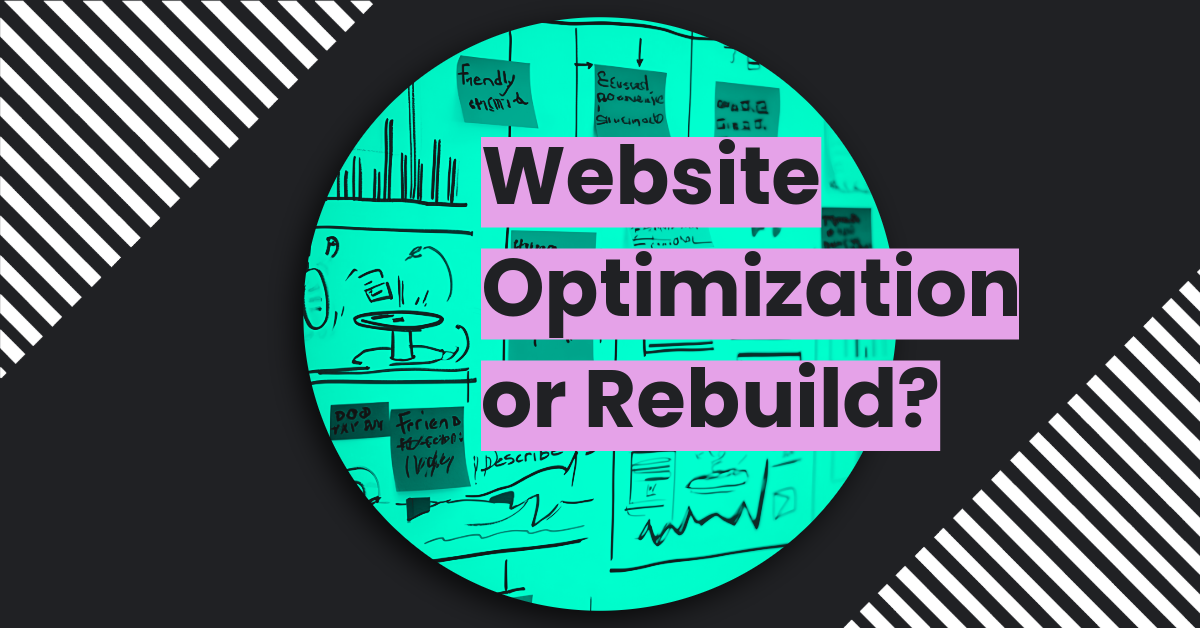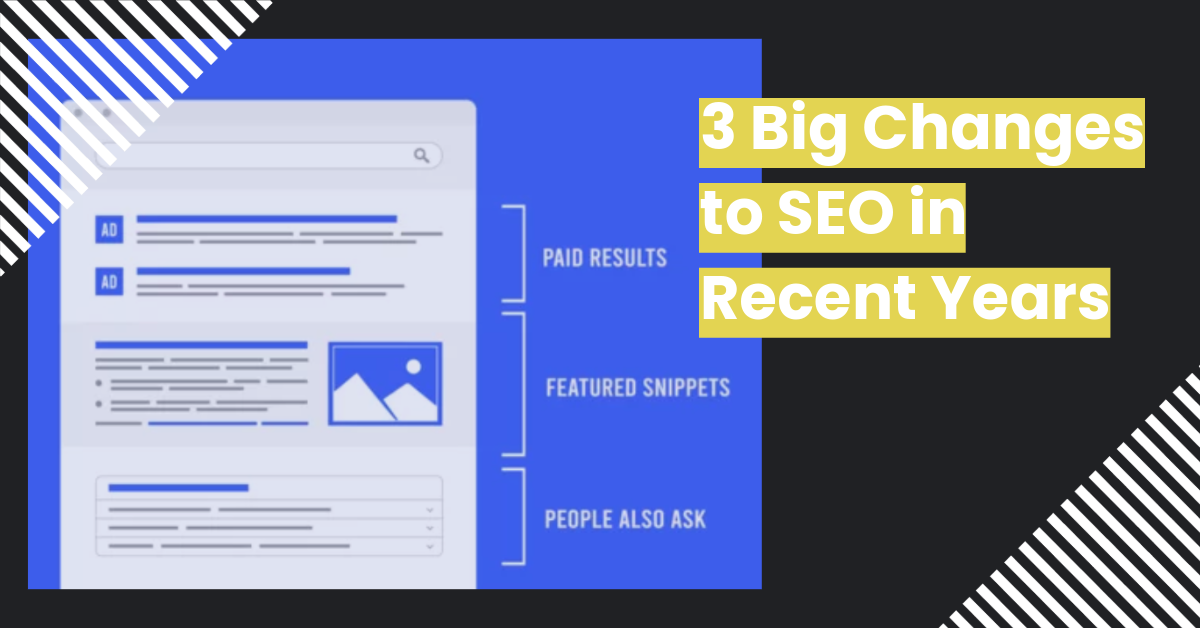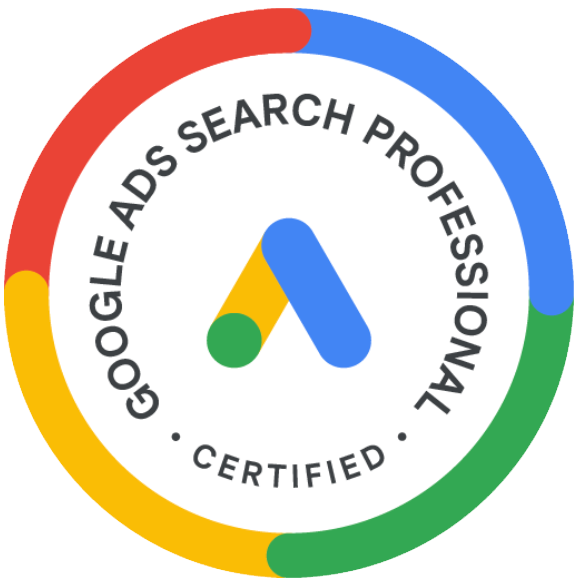A History of SEO, Part 3: Content Is King!
SEO Is No Longer About "Gaming" the Search Engines

As we mentioned before, the early days of SEO (search engine optimization) were focused almost exclusively on exploiting loopholes in the various search engines. The original algorithms weren't terribly sophisticated, so it was fairly easy to boost the rank of a webpage through keyword stuffing, spammy links, and sneaky redirects.
Once the search engine algorithms caught onto these tactics and started penalizing websites that employed them, some folks started using these "black hat" techniques to sabotage the sites of competitors. For example, they would intentionally target a page with a massive number of spammy, unnatural links in an attempt to get it penalized.
How Content Became King
When exactly did the transition from search engine shenanigans to quality content occur?
In 1996, Bill Gates wrote an essay entitled "Content Is King" that a lot of folks credit with jumpstarting the meme. However, the essay in question had little to do with content marketing. It was actually focused on ways to monetize content on the burgeoning World Wide Web.
So while Gates may have been instrumental in popularizing the phrase, he had very little to do with the actual idea of using quality content to drive website traffic. For that, we have Google to thank.
Google vs. Black Hat SEO
When Google began driving the search industry, one of the first things they did was start cracking down on skeevy SEO tactics. They made numerous tweaks to their algorithms, causing websites that had been performing well to suddenly plummet in the rankings. They issued warnings to digital marketers that there was a new sheriff in town and the days of black hat SEO were at an end.
Naturally, there was considerable backlash. By the time 2005 rolled around, the digital marketing field was ablaze with wild speculations and accusations. Google resented the way that SEO had leveled the playing field. Google was intentionally singling out small businesses and hobbling them to keep them from competing with large corporations. Google was trying to seize control of the Internet marketplace and wanted to destroy everyone who opposed them. Google had declared war on website optimization and organic search marketing. GOOGLE HATED SEO!!!
Rather than address the argument directly, Google decided to reframe it. Instead of appealing to the SEO professionals who felt slighted and persecuted, they took their message to the masses. Google explained that they cared about their users and wanted nothing more than to provide them with the best online experience possible. They wanted their search results to be as relevant, useful, and accurate as possible. They weren't fighting a war against SEO; they were fighting a war for better content.
The Google Zoo
Since 1996, Google's algorithm's have undergone myriad changes, both subtle and profound. While most of these pertain to online content in one way or another, there are three in particular that worked to elevate content to its current regal status.
Panda (2011)
The Panda update, released on February 23, 2011, was focused on penalizing websites with plagiarized, thin, and/or low-quality content. In particular, this algorithmic tweak took aim at website copy aggregated from content farms and content mills.
Penguin (2012)
On April 24, 2012, Google released its Penguin update, which targeted spammy websites that were using suspicious or unnatural backlinks to boost their rankings.
Hummingbird (2013)
The Hummingbird update was officially released on September 26, 2013 (although Google claimed it had already been live for about a month). This was a major overhaul of the Google algorithm that prioritized natural language. As a result, websites that had awkwardly shoehorning keywords into their text took a massive hit.
Experience, Expertise, Authority, and Trust
Although Google continues to tweak their algorithms, the basic strategy of providing quality content is just as pertinent today as it was ten years ago. When evaluating the quality of online content, Google focuses on the concept of E-E-A-T, which stands for experience, expertise, authority, and trust. For now and for the foreseeable future, organic search results will continue to favor websites that update regularly with fresh, engaging, and well-written content.
















